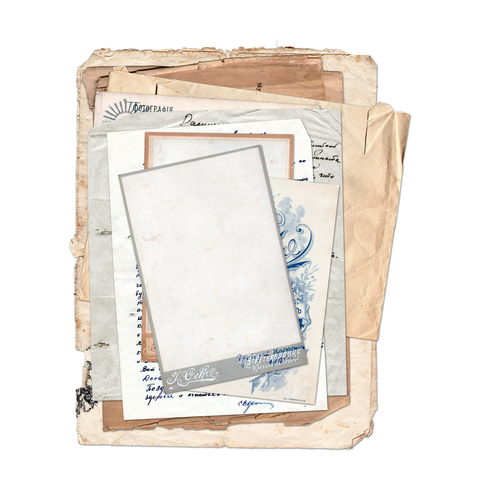 Today, everything is becoming cloud based, but papers still matter. Maintaining a written history of your company though the paperwork it has produced can serve important business purposes.
Today, everything is becoming cloud based, but papers still matter. Maintaining a written history of your company though the paperwork it has produced can serve important business purposes.
As a history major I love learning about the stories that make up a company’s history; you may too. Even if you aren’t driven by curiosity, I think it’s helpful for you to preserve documents for legal matters, brochures and other materials for publicity, and timelines for family-owned companies.
You don’t have to be a professional librarian or historian to keep a record of activities in your business over the years. Here’s why you need to archive company history, online and with papers, and how to do it.
Importance of a business history
Family-owned businesses may have legends passed from generation to generation about events in the life of a company; oral histories may or may not be factually correct. But whether your business is family-owned or not, you can benefit from putting key information in writing and preserving it.
You can use your archive to …
- Obtain information useful in publicity (e.g., when the company was founded and by whom, and how it has developed over time).
- Inform new employees about the history of your company to give them a sense of belonging.
- Retrieve necessary information in the event of legal actions.
- Track trends and developments affecting your industry.
Creating a record
Write a history of your business, no matter how short a time you may have been in operation. Obviously, you can maintain this written material electronically. Note why the business was formed, what contributed to its success (or difficulties), what changes have occurred and whether the business has played any special role in the community in which you are located.
Supplement your written description by archiving important materials. Obviously, you need to save many items for legal purposes, such as patents, minutes of meetings, and the general ledger. But there are a number of other items that may someday be of historic interest, such as:
- Advertisements
- Architectural drawings
- Awards and citations
- Contracts no longer in use
- Correspondence (not every letter, but special ones such as those from a famous individual or correspondence resolving an important question)
- Journals, diaries, and other such records
- Licenses
- Memorabilia (items with the company logo, such as refrigerator magnets, pens, T-shirts and baseball caps)
- Newspaper clippings about the company
- Personnel records
- Photos of the company premises, employee outings and other events
Digitize whatever you can and keep it with the file of your company’s history.
Keeping your records safe
For papers and other materials, keep them in a low-humidity place away from direct sunlight and the possibility of water damage. When possible, use acid free folders and boxes.
If your business has an interesting history (e.g., your grandfather started it a century ago), consider transferring your historical and related papers to a repository that can keep them safe. Your local library, university, or town historical society may accept a contribution of your documents and preserve them for you.
Back up digitized records to the cloud. Keep note of where you’ve stored your records.
Conclusion
The exercise of archiving your company’s history may provide some unexpected rewards for you. There may be a forgotten story that can serve as renewed inspiration for you and your staff today. If you don’t feel up to archiving yourself, considering using professional services, such as HeritageWerks.
Note: This blog was adapted from an article in my June 2004 newsletter.


